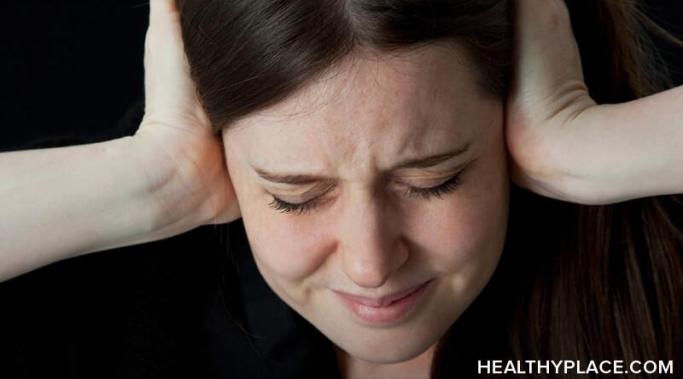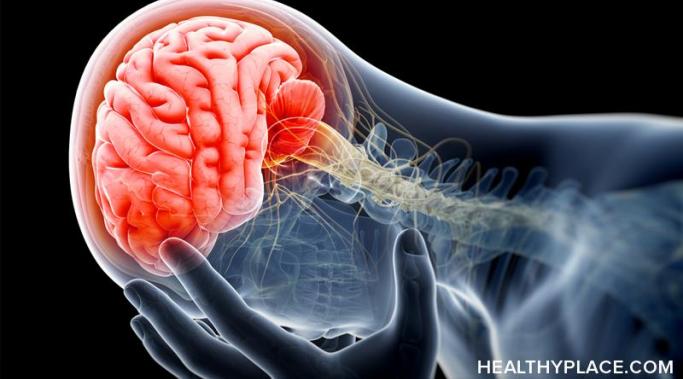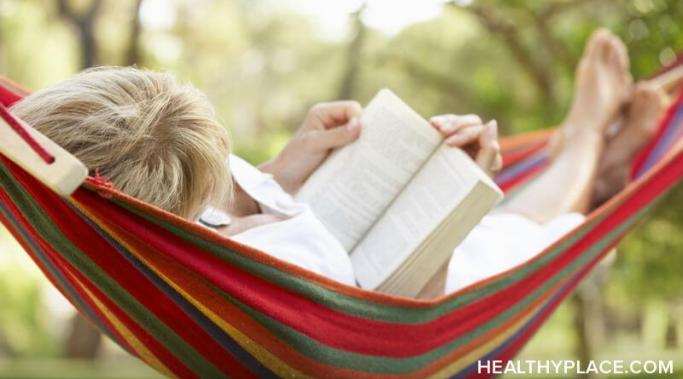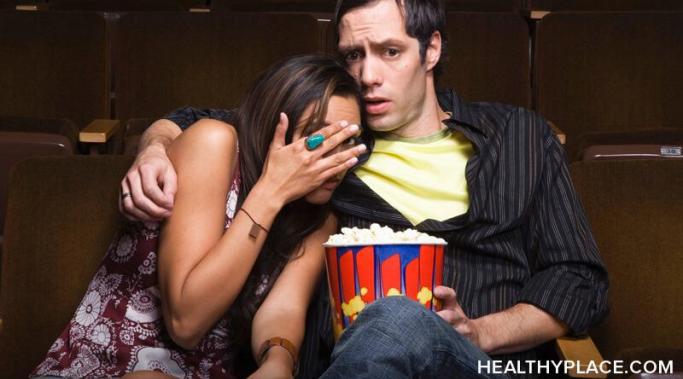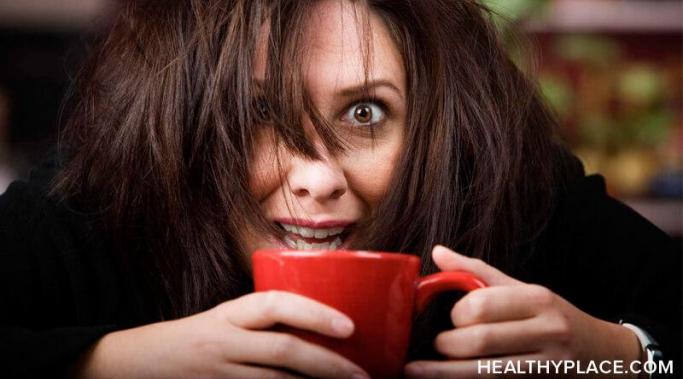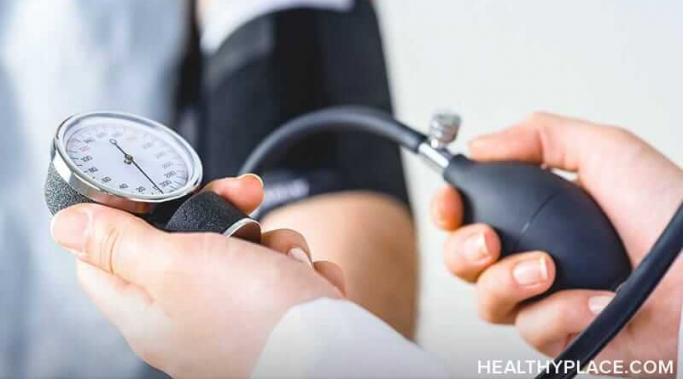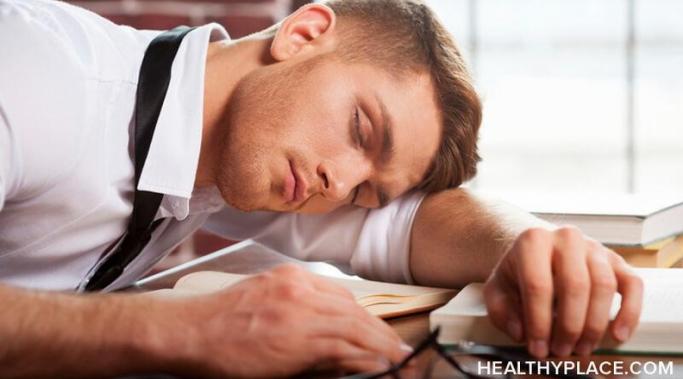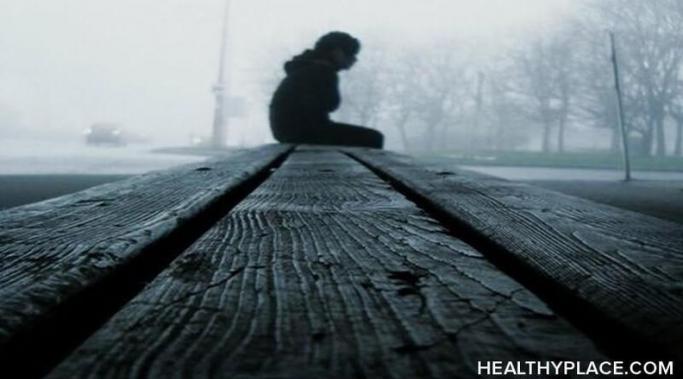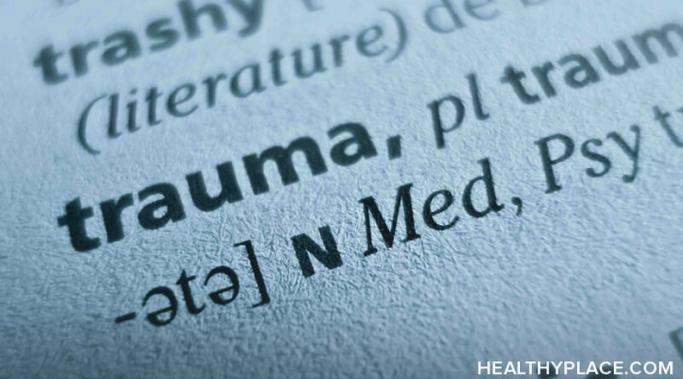My anxiety is, thankfully, well managed right now. But six months ago, my anxiety was so bad that I couldn't escape the intrusive thoughts that taunted me to end it all. I had intrusive thoughts of suicide.
Anxiety Symptoms – Anxiety Schmanxiety
I've had acute panic and anxiety since I was a child; this was undiagnosed anxiety, of course. I remember waking up out of a sound sleep in the middle of a panic attack, although I didn't know that's what it was at the time. My parents said I was having bad dreams, which I'm sure made sense to them. Even as a child, I knew that I wasn't having bad dreams, although the symptoms felt like I was locked in some kind of nightmare.
There are oodles of books on self-care nowadays. Its importance to wellbeing is plastered all over social media, is fodder for talk shows and podcasts, and is touted by doctors and therapists (in my experience) as essential to curing what ails the mind and body. That being said, practicing self-care can be hard.
I recently experienced an unexpected anxiety trigger while watching a movie. This had never happened to me before. Granted, the movie was about the impending doom of planet Earth, but it was a "dramedy": a movie combining elements of drama and comedy.
I've been drinking an average of two cups of caffeinated coffee a day for decades. This is not a lot by some standards. I relished my first "cup of Joe" in the morning, appreciating the way it got me going. That second cup in the afternoon was the delicious pick-me-up I needed. I always knew that caffeine was a stimulant, but I never quite understood how caffeine affected my anxiety, if at all.
I was in my late 30s when I was diagnosed with generalized anxiety disorder (GAD). As a child of the '60s born of immigrant parents who survived both the Great Depression and World War II—each of them with their own harrowing experiences—I was raised with a don't-complain-pull-up-your-bootstraps-and-get-on-with-it mentality. As such, I grew up feeling unworthy of my anxiety.
Whether short-term or chronic, health concerns can cause anxiety and stress. Signs and symptoms of health-related anxiety and stress can range from mildly annoying to completely disruptive and debilitating. The signs might be obvious, or they might hide as something else. Here's what health anxiety and stress may look like to help you recognize them and take charge.
Anxiety and being tired is common, and I’ve also noticed that anxiety can mess with your sleep patterns in weird ways. Sometimes, it’s impossible to get to sleep when you’re anxious – this makes sense, given that your mind is probably racing like crazy. But on the other hand, sometimes, if you’re anxious, you just can’t stay awake – this also makes sense because anxiety can make even the mundane seem overwhelming, and sleeping is a way to filter all that out. For me, there’s no telling when anxiety will cause me to be tired or lose sleep – recently, I’ve been going through a bout of always feeling tired, so I wanted to talk about that.
Often, the most profoundly helpful methods to combat anxiety are also the easiest to do. In that spirit, I want to discuss what is perhaps the easiest of all the easy methods: the simple act of recognizing the integrity and worth of other people.
Those who read this blog may remember that it was a little over a year ago that I lost my apartment, almost all my possessions, and nearly my life in a massive fire. In the year since the fire, I have tried my best to return my life to some degree of normalcy. This has proved to be much more difficult than I could have imagined. Having never had to come to terms with a traumatic experience such as this, I’ve learned that the aftereffects of such traumas can be surprisingly unexpected.
